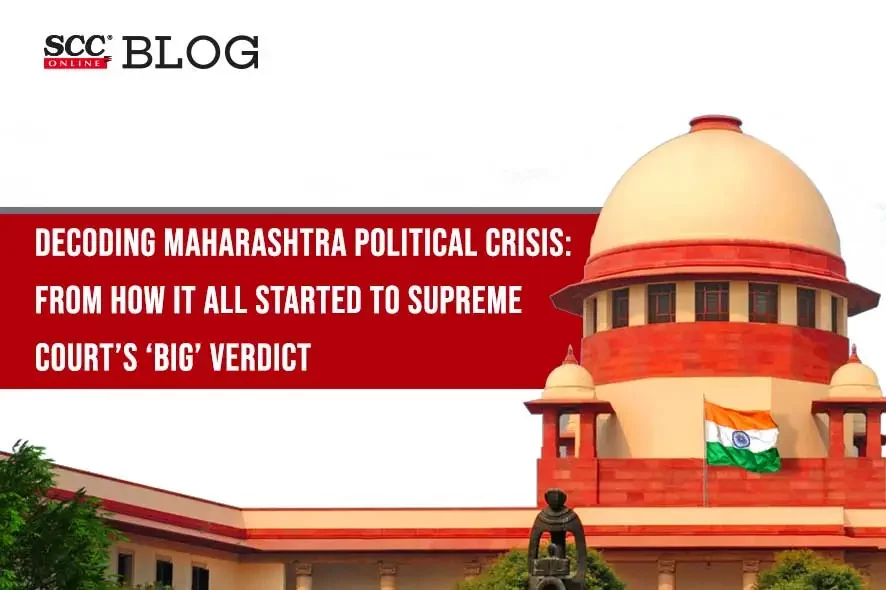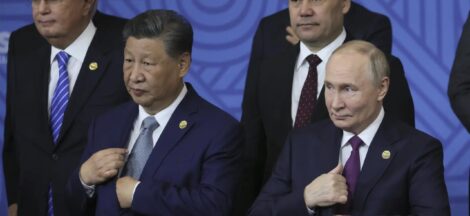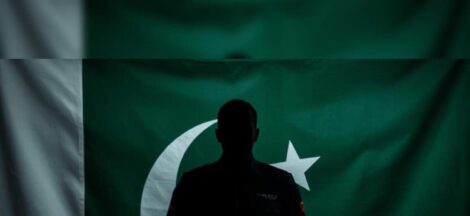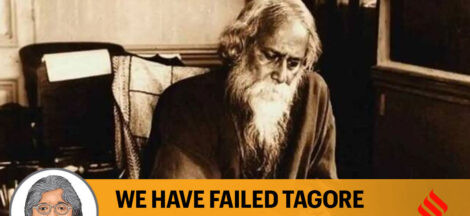By Krishna Jha
Supreme Court stays the Kanwar Yatra row. In its interim orders to Uttarakhand and Uttar Pradesh governments, it said, “Do Not force the owners of eateries along the Kanwar Yatra route to display their names outside shops.” According to legal news website “Live Law,” The court also said that the very order was discriminatory.
Many Hotel Owners in western UP removed Muslims workers from their Dhabas till Kanwar yatra is over (on August 5). They were working there since last several years. The owners say that they had to remove Muslim workers because of the police directive in Uttar Pradesh’s Muzaffarnagar district asking eateries and food stalls along the Kanwar Yatra pilgrimage route to display the names of their owners and staff. Entire initiative had no legal grounds. The directive on food is unconstitutional too. It has come from the police without any formal written order and becomes more difficult to challenge it in court. Police is not unaware of it.
The step was not without its consequences. Political leaders, civil rights activists and lawyers were criticising the directive as unconstitutional and discriminatory. It was also asked under which law the police had issued the instructions. Attempts were made to quench the outrage, and police tried to avoid any formal directive. From Muzaffarnagar police a statement was circulated on the internet that stated that the managers of food outlets along the Kanwar yatra route were “requested” to “voluntarily” display the names of their owners and staff. However, the very next sentence in the statement refers to this as an “order”.
Senior superintendent of police in Muzaffarnagar Abhishek Singh also in his bite to television crews was speaking with same ambiguity in his language. In India, where the police has a reputation of using extraordinary coercive powers over citizens both within and outside the bounds of law, people have naturally no choice. The expressions like “request” become in reality “order”, “voluntarily” is a tattered expression of the actual word “use of force”. According to one of the legal experts, a written order would have to indicate the law under which the police is empowered to issue a particular directive.
However, when it was an oral directive, the question of whether it was even issued by the police can become a contested issue in court. Only if the police admit that they issued a particular order would the court ask them to justify the legality of their instructions, he said. But it was clear that the entire initiative was in violation of fundamental rights, like the rights to equality, non-discrimination and privacy guaranteed under the Constitution. There was no legal requirement for any restaurant or vendor to publicly display the names of their owners and staff. Asking for such a disclosure violated the right to privacy, which was part of the rights guaranteed by Article 21 of the Constitution, of those whose names were mentioned on the disclosure.
About the contention of equality and discrimination, it is true that superficially the directive had nothing to do with religious identity or minority groups. In the written statement, Muzaffarnagar police claimed the intention was not to create a religious divide but to ensure the well-being of devotees, called Kanwariyas, who abstain from certain food items in the holy Hindu month of Shravan while walking hundreds of kms to collect water from the Ganga and carry it back to their villages and towns.
It was obvious that the directive had come with a strong intent to discriminate, and make economic boycott of, Muslim vendors. But economic boycott of any religious group is illegal, unconstitutional. There is every possibility that they could face economic boycott or be targeted during the time of communal violence. In fact the directive could appear to be neutral, but it was only about the form, the content could be deciphered as gross display of communalism only.
The police knew that this was clearly religious discrimination. What was unfortunate for them was that it was still considered not appropriate and decent to be said officially and loudly. However police viewpoint was reflected in this statement itself. It said that it was found that on previous occasions some shops were deliberately named so as to confuse the Kanwariyas.
It was clear in this directive of Uttar Pradesh government that it specifically wanted to take care of the convenience of the devotees. There was nothing wrong in that but how could it force others to change their behaviour for their convenience? How can the state privilege one section over the other? This was an attempt by the state to promote religious segregation in society and deepen discrimination on religious grounds. The real motive of the police orders to eateries in Western Uttar Pradesh was not about maintaining order along the routes of Kanwar yatra; it was about implementing one of the critical formulations of RSS leader M S Golwalkar, as mentioned in his book that constitutes the blueprint for making India a Hindu Rashtra.
Published in 1939, about a year before Golwalkar became the chief of the RSS, the book contains the clearest, uncensored expression of his virulent ideas. He unambiguously compares the Sangh’s Hindu Rashtra project with Adolf Hitler’s anti-Semitism by prescribing the mantra of total assimilation or ethnic subjugation for minorities.
“To keep up the purity of the Race and its culture, Germany shocked the world by her purging the country of the Semitic Races – the Jews,” Golwalkar wrote in his 1939 book. “Germany has also shown how impossible it is for races and cultures, having differences going to the root, to be assimilated into one united whole, a good lesson for us in Hindusthan [India] to learn and profit by.” (IPA Service)




 Union Budget 2024-25 Further Strengthens Grip Keeping States Fund Starved
Union Budget 2024-25 Further Strengthens Grip Keeping States Fund Starved 